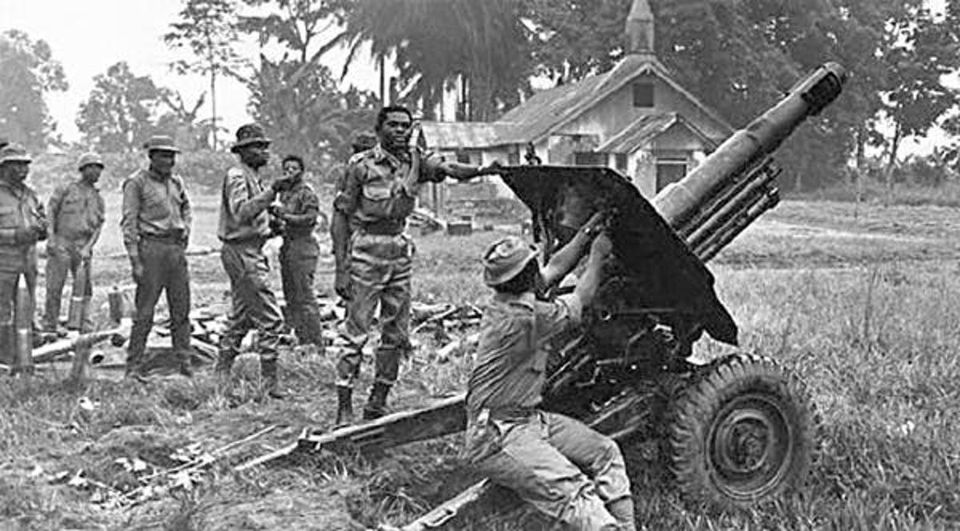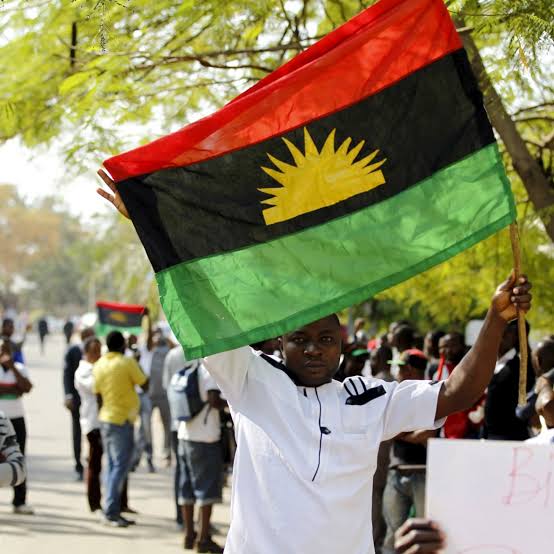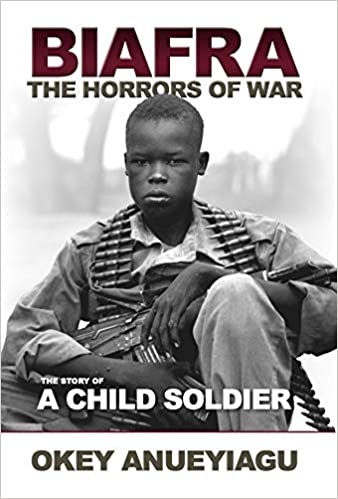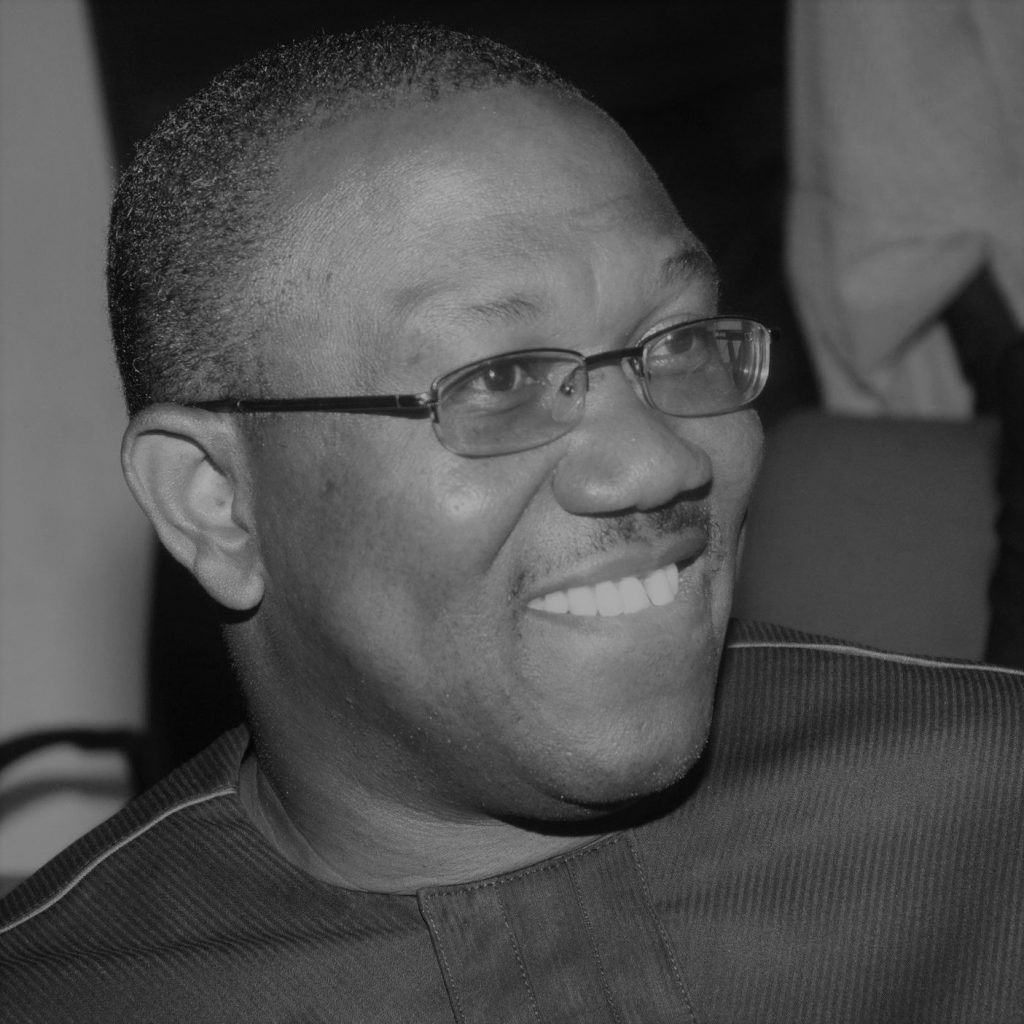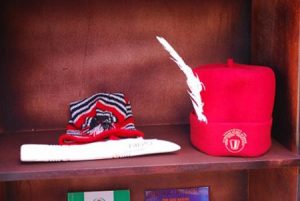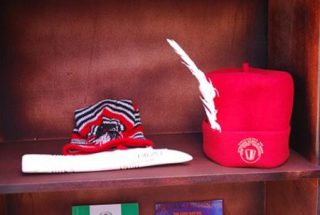There is no way one can write on the Igbo — Yoruba mistrust without opening some healed wounds. Sadly, this is what the essay will do. In the end, however, the writer provides enough collagen to help the wounds heal and then help to avoid the sustenance of more wounds. Highlighted in this essay is the role of principal actors (between the Igbo and Yoruba) in the civil war, and how previous working agreements and the attempts to have a ‘handshake’ between the two tribes collapsed. The essay also explores how ethnicity was used in the 2023 general elections in Lagos to widen the growing mistrust between the Igbo and Yoruba. There is always a complicated blame game between the Igbo and Yoruba, and one that is as old as pre-independence. History witnessed the intrigues and drama. This blame game has inadvertently led to a level of mistrust that has continued to alienate the Igbo and Yoruba, making the prospect of any beautiful political marriage a mirage. The fallout of Biafra — Nigeria civil war meant that the Igbos are always in a hurry to describe their southern brothers, the Yoruba as betrayers. There is the allegation that the Yoruba failed to secede from Nigeria as purportedly agreed during a meeting between Obafemi Awolowo and Chukwuemeka Odumegwu Ojukwu. These two arguably were the symbolism of the Yoruba tribe and the Igbo tribe. That allegation held that instead, Awolowo joined forces with General Yakubu Gowon the then Head of state to fight Biafra, as he (Awolowo) was the brain behind the use of starvation as a weapon to destroy Ndigbo during the war that occurred from 1967 to 1970. This is one side of the coin. Another side of the coin maintained that during the meeting between Awolowo and Ojukwu, what the premier of the Western region said was that “if the Igbo were ‘driven’ out of Nigeria, the Yoruba would take it seriously and reassess their own position.” With this, the Yoruba would absolve themselves of any accusation of betrayal. Yet, what is certain was that Awolowo came to Enugu, after which Ojukwu declared Biafra, which later led to the civil war. The Yoruba would also turn around and accuse the Igbo of first betraying them, laying pointers to the 1965 elections of the first republic. In that election, the Yoruba alleged that the West and the East had agreed to boycott the election. While the Yoruba kept to their side of the bargain, the Igbo went ahead to vote. However, some political observers say that the National Council of Nigerian Citizens (NCNC) which were in power at the time in the East faced a dilemma, which was either to boycott the election — (that saw the Federal Government-powered Nigerian National Democratic Party NNDP of Akintola which was opposed to the then mainstream Action Group AG) — and lose power or to play along and stay in power. The observers said the Igbo looked at political reality and then chose to hold on to power. This, according to the observers should cut the Igbo some form of slack in the blame game. In another twist of blame, the Yoruba have accused the Igbo of never trusting them. They say the South-East always preferred to form an alliance with the North, even when the Yoruba extended their hands. The Yoruba would site an instance where a joint government between Zik’s NCNC and Awolowo’s AG, offered by Awolowo was jettisoned by Zik. In that arrangement, Awolowo conceded for Zik to be the Prime Minister while he would become the finance minister. Recall also that the Sardauna (Sir Ahmadu Bello) had also offered an alliance to Zik. This deal eventually saw (Tafawa) Balewa become the Prime Minister while Zik became the President. In the defence of Zik’s decision, it is opined that he had more of a Nationalist inclination and disposition in his decision, in that he felt that an alliance with Awolowo would be judged as a Southern alliance. Another defence was that Zik sensed some form of double play by the Yoruba because at the time Awolowo, who was the Premier of the Western Region offered the alliance to Zik, a principal actor in the West (AG) Ayo Rosiji, was also patronizing sir Ahmadu Bello in the North (NPC). Some would wonder, why would an alliance even work when in the 1951 Western House of Assembly election, Zik aspired to be the premier but some Yoruba allies in the NCNC dramatically cross-carpeted and teamed up with Awolowo’s AG leading to him becoming the Premier. These interplays of accusations and allegations meant that the two tribes would continue to demonize each other and the consequences of the hate-filled exchanges continue to haunt the two tribes. Just in the recently concluded 2023 general elections witnessed in Lagos, we all saw how ethnicity was deployed as a weapon to execute the elections. Hurtful and hateful words became catchphrases used by miscreants on the streets of Lagos and the ‘vawulence’ streets of Twitter. The zenith of it all was during the 2023 governorship election. Lagos became the centre of attention for its attempts at vilifying Ndigbo for holding contrary political positions. Social miscreants known as ‘Area Boys’ allegedly instigated by certain political heavyweights, attacked Igbo-dominated areas of Lagos. It was alleged that their grouse against the Igbo was their inability to vote for the presidential candidate of the All Progressives Congress (APC), Chief Bola Ahmed Tinubu. Recall that Tinubu, the godfather of Lagos politics lost at ‘home’ to Mr Peter Obi the candidate of the Labour Party (LP) during the February 25th, 2023 Presidential elections. It was unheard of because many didn’t imagine that such a feat could be reached by Obi. After Tinubu lost to Obi in Lagos, barely five days before the gubernatorial election, nine governorship candidates stepped down and declared support for the incumbent Governor, Babajide Sanwo-Olu of the APC. Political analysts say the Labour Party may have instilled some level of fear into the ruling APC. Somehow, Mr
